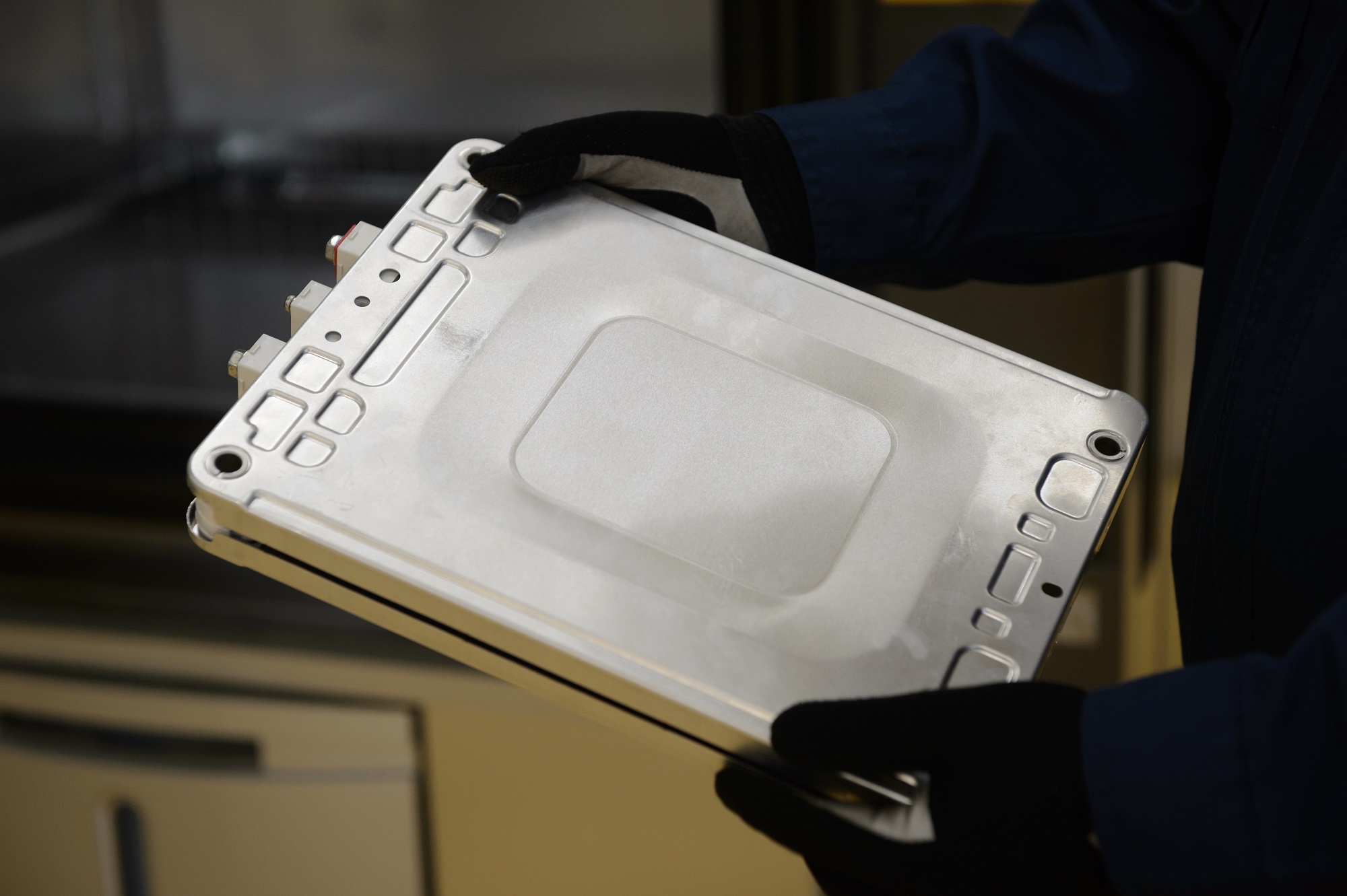Electric has nothing to do with it.
Smart driverless does. That's what causes the ownership change.
You know, the
really smart driverless cars that can drive itself unattended to you even in the middle of a snowstorm.
That said, the cost of a car as a percentage of a human income will be bigger in 25 years than today, so it's a confluence of factors
- True, real, trusted driverless-ness.
Not today's supervised "Autopilot" stuff (even though even with Autopilot accidents, Autopilot is still >8x safer now than driving yourself)
- Rising cost of car ownership as percentage of income
Cars are getting more expensive. Cost of enhancements / safety improvements / going electric / driverless-ness / etc.
- Tech that makes going car-free easier
Uber, transit, personal mobility, and soon, self-driving rentals that come straight to your driveway.
Which will slowly drive down the cars-per-capita. Just it won't be 80% reduction in 5 years in most areas though.
We
already hit peak car and it is inevitable that the trend will be falling cars-per-capita in North America. We've already fallen from >2-cars average to just about <2-car average per household. 36 years ago, almost half of population got driver license at age 16. Today, that's down to only one-quarter of population.
The question -- for five years from now -- is it a 5% reduction, 10% reduction, 50% reduction, 80% reduction -- that's where the crystal ball becomes cloudy. I just don't think it'll be 80% that fast on an countrywide/aggregate basis.







